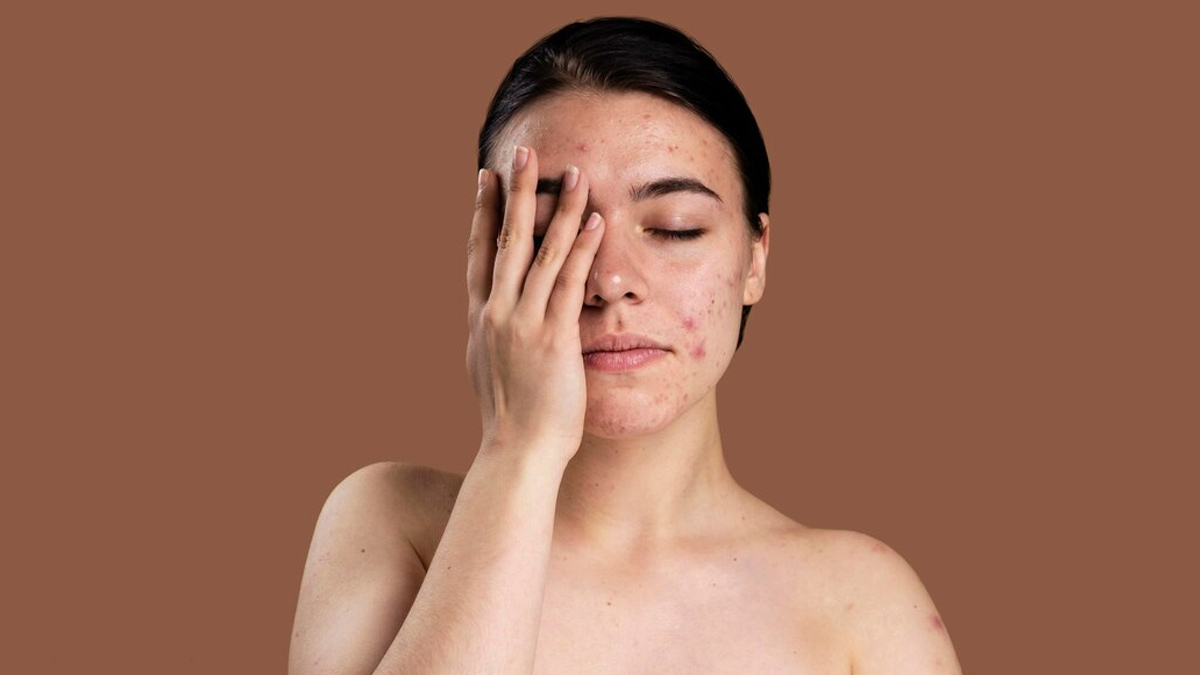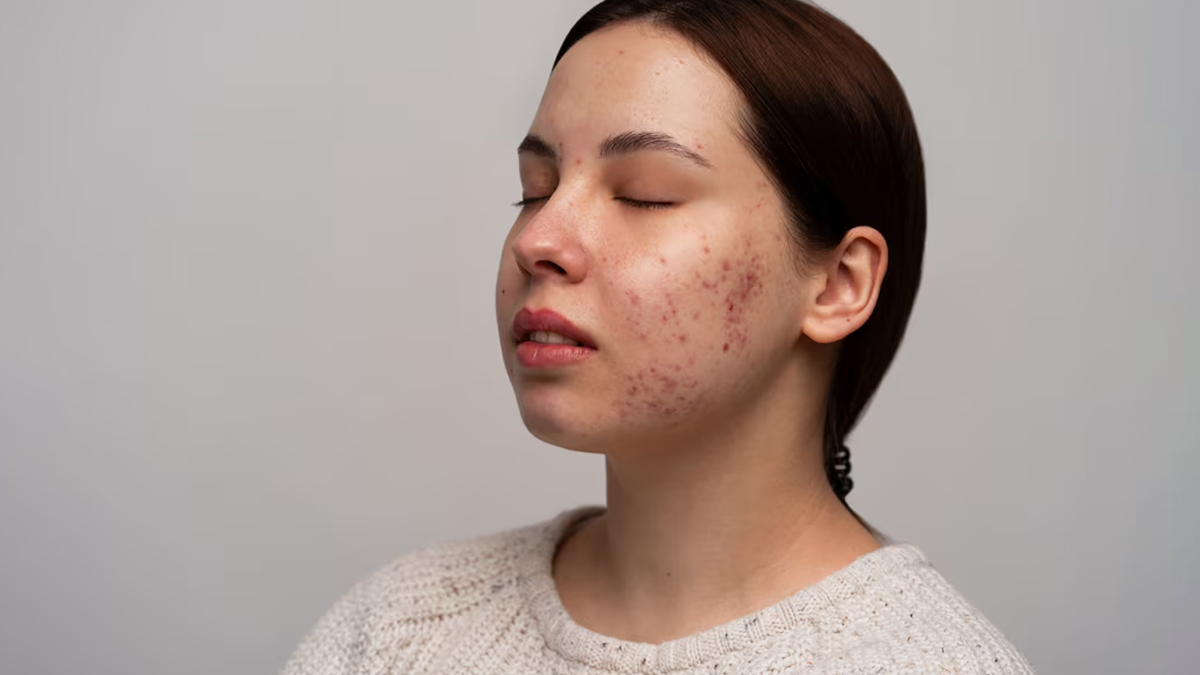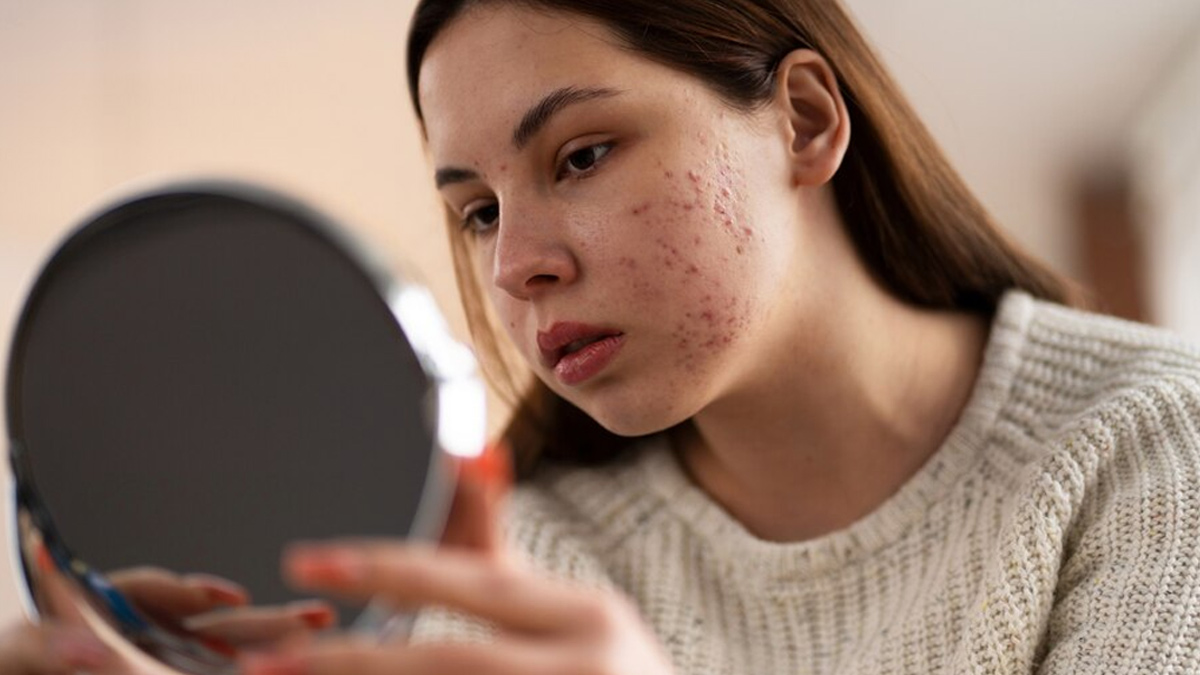
An independent laboratory is urging the Food and Drug Administration (FDA) to remove multiple acne products from store shelves due to alarming levels of benzene, a known carcinogen. According to Valisure's tests, benzene, a cancer-causing agent, was found to form in acne treatments containing benzoyl peroxide. Some products exhibited benzene concentrations over 800 times higher than the limit set by the FDA.
Table of Content:-
Previous such instances have seen recalls of shampoo, deodorant, and sunscreen products due to benzene contamination. The FDA warns that exposure to benzene, whether through inhalation, ingestion, or skin contact, can lead to various cancers and life-threatening blood disorders. Valisure's investigation also revealed instances where benzene leaked from product packaging, posing an additional inhalation risk.
In a specific test, leaving a Proactiv product in a hot car for nearly 17 hours resulted in benzene levels in the vehicle cabin significantly exceeding safety thresholds. Numerous brands, including Clinique, Clearasil, Target's Up & Up, and Walmart's Equate beauty line, were included in Valisure's tests.

Natural Alternatives for Acne Scars
Dealing with acne scars can be a frustrating and challenging experience. To avoid the hassle of dubious harmful products, you can try several natural remedies and techniques that can aid in reducing the appearance of acne scars, promoting healthier skin without harsh chemicals or invasive procedures.
Aloe Vera
Aloe vera is well-known for its soothing and healing properties. It contains vitamins and minerals that can help repair damaged skin and promote collagen production, which is essential for reducing the appearance of scars. Applying aloe vera gel directly to the affected area can help fade acne scars over time.
Rosehip Seed Oil
Rosehip seed oil is rich in essential fatty acids and antioxidants, making it an excellent choice for treating acne scars. It can help improve skin texture, tone, and elasticity, while also reducing inflammation and promoting cell regeneration. Gently massaging rosehip seed oil onto the skin regularly can help diminish the appearance of scars and improve overall skin health.
Honey
Honey is known for its antibacterial and anti-inflammatory properties, making it an excellent choice for treating acne scars. It can help reduce redness, swelling, and irritation, while also promoting wound healing and tissue regeneration. Applying raw honey to the affected area or using it as a face mask regularly can help improve the appearance of scars and promote smoother, healthier-looking skin.
Also Read: From Acne, Wrinkles, Scars, And Dry Skin, Here’s How Tamanu Oil Is A Must In Your Skincare Routine

Apple Cider Vinegar
Apple cider vinegar contains acetic acid, which has been shown to help lighten acne scars and even out skin tone. It also has antibacterial and anti-inflammatory properties that can help prevent breakouts and reduce the risk of future scarring. Diluting apple cider vinegar with water and applying it to the skin as a toner or using it in a face mask can help improve the overall texture and appearance of acne-prone skin.
Green Tea Extract
Green tea extract is rich in antioxidants and anti-inflammatory compounds that can help reduce redness, inflammation, and oxidative stress on the skin. It also contains epigallocatechin gallate (EGCG), which has been shown to inhibit the production of sebum and reduce the risk of acne breakouts. Applying green tea extract topically or drinking green tea regularly can help improve skin health and reduce the appearance of acne scars.
Also Read: Causes Of Body Acne: Here’s How Your Hair Conditioner May Be Causing Those Pesky Pimples
In conclusion, natural alternatives can be effective in reducing the appearance of acne scars and promoting healthier, more radiant skin. However, it's essential to remember that results may vary depending on the severity of the scars and individual skin type. Additionally, consistency and patience are key when using natural remedies, as they may take time to show significant results.
Also watch this video
How we keep this article up to date:
We work with experts and keep a close eye on the latest in health and wellness. Whenever there is a new research or helpful information, we update our articles with accurate and useful advice.
Current Version